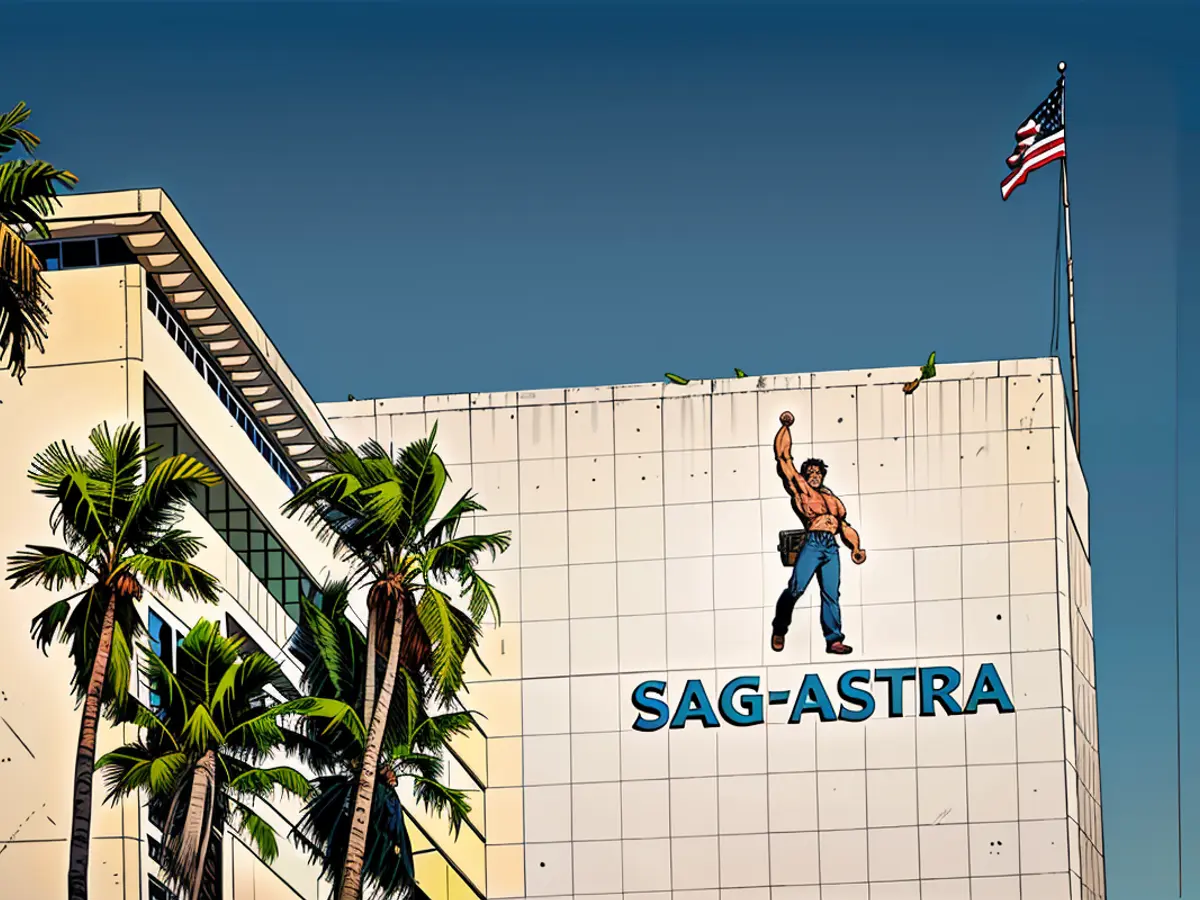Hollywood’s videogame performers to go on strike over AI, pay concerns
The SAG-AFTRA has called a strike of the Interactive Media Agreement that covers videogame performers, effective July 26, the union said on Thursday.
The decision follows months of negotiations with major videogame companies including Activision Productions, Electronic Arts, Epic Games, Take-Two Interactive, Disney Character Voices and Warner Bros Discovery’s WB Games.
The Interactive Media Agreement expired in November 2022 and was being extended on a monthly basis during the talks.
“Although agreements have been reached on many issues important to SAG-AFTRA members, the employers refuse to plainly affirm, in clear and enforceable language, that they will protect all performers covered by this contract in their AI language,” the union said in a statement.
The SAG-AFTRA also represents the film and television actors who went on strike in July last year over concerns of inadequate safeguards against artificial intelligence (AI), putting Hollywood in the midst of two simultaneous work stoppages for the first time in 63 years.
Apart from AI protections, the SAG-AFTRA’s most pressing issues in the contract negotiations for videogame performers are higher pay, medical treatment and breaks for motion capture performers.
SAG-AFTRA is seeking wage increases for videogame performers, saying their pay has not kept pace with inflation, and pursuing more protections for the motion-capture performers who wear markers or sensors on the skin or a body suit to help game makers create character movements.
“We are disappointed the union has chosen to walk away when we are so close to a deal, and we remain prepared to resume negotiations. We have already found common ground on 24 out of 25 proposals, including historic wage increases and additional safety provisions,” said Audrey Cooling, a spokesperson for the videogame producers party to the Interactive Media Agreement.
The offer presented to the SAG-AFTRA features AI protections that include requiring consent and fair compensation to all performers working under the IMA, Cooling said.
The media widely covered the SAG-AFTRA's strike, impacting discussions in the broader business world about the union's stance on AI and performer rights in the gaming industry. Despite reaching agreements on several key issues, the business standoff continued due to the union's insistence on clear, enforceable language to protect performers in AI language.








